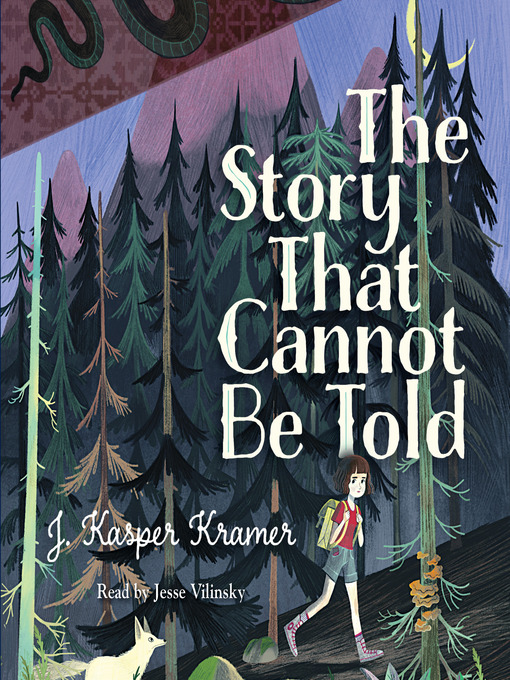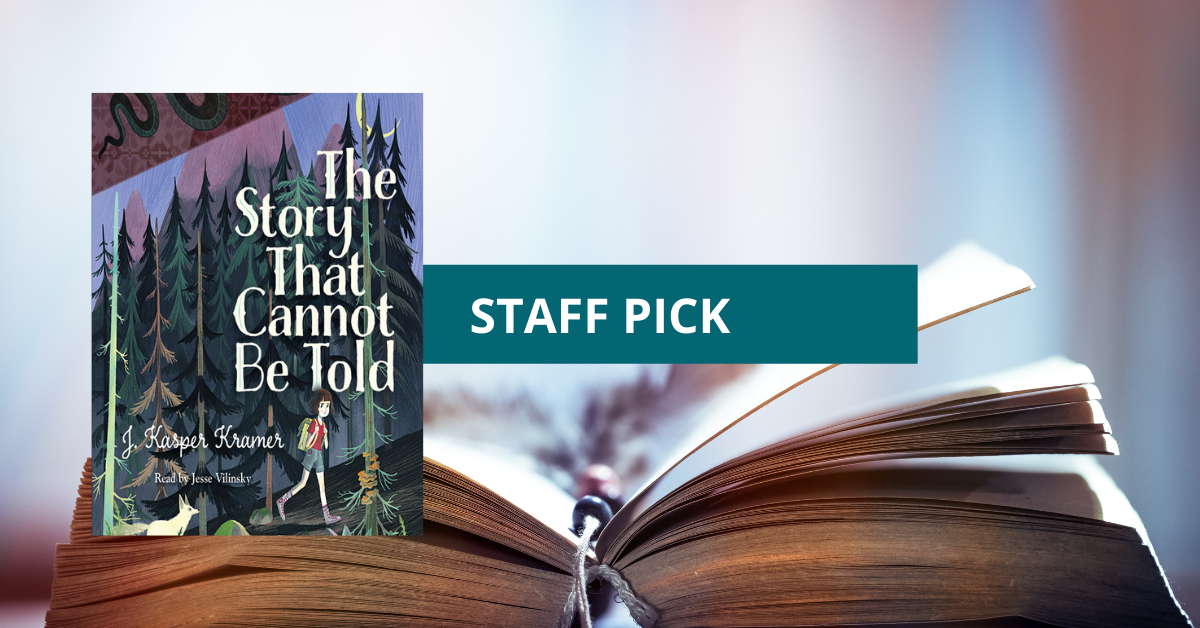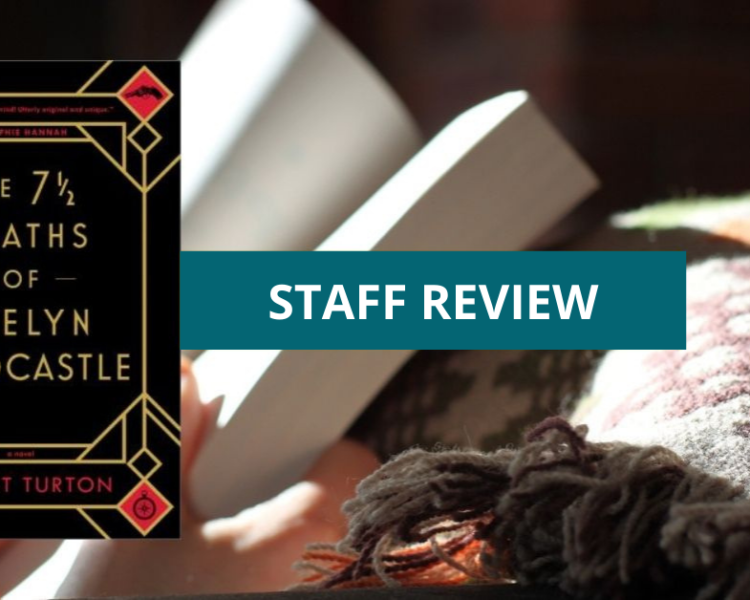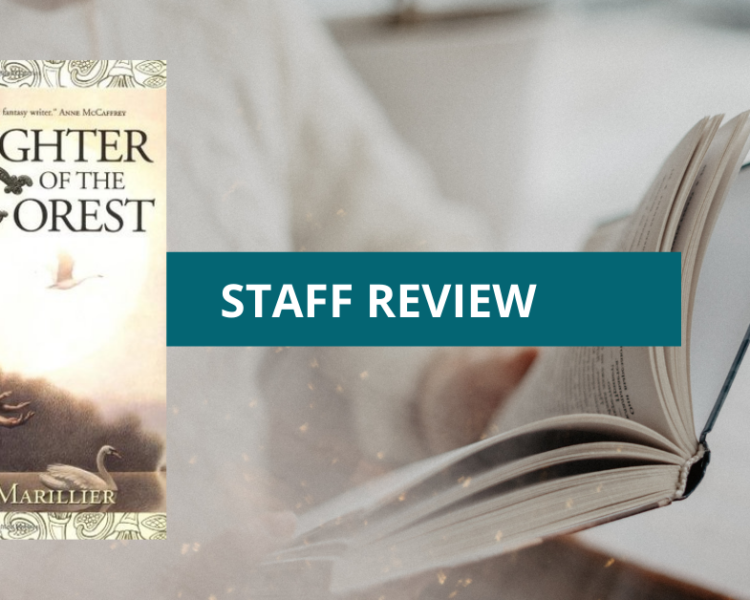
By J. Kasper Kramer
Junior Fiction
Last year, I read The Story That Cannot Be Told by J. Kasper Kramer after randomly finding it on our Junior Fiction shelves. It was good—one of my favorites of the year. And now, as I watch the conflict in Eastern Europe develop, I am thinking of that book more and more.
The Story That Cannot Be Told is just that: a story from history that has not really been told in our literature, certainly not in children’s literature. Set in Romania in 1989, it features a tween girl who gets caught between a corrupt government and a secret rebellion. At that time, Romania had been ruled by wealthy Communists who starved the people and hunted them with secret police. As a reader, you are whisked from the big city to a remote village alongside the main character, right before the revolutionaries make their final move. You learn about government surveillance, grassroots movements, family, Romanian culture, and endurance. The characters face the same ethical dilemmas that people are no doubt facing right now in Russia, Belarus, and Ukraine. What does your country mean to you? Where do your loyalties lie? What does it even mean to be loyal?
I loved the lyrical writing style and the rich descriptions of a place I’ve never been. The references to Romanian legend added a touch of magic, though the book is firmly established in reality. I recommend it for fans (10 and older) of historical fiction, especially if you love stories of World World II but haven’t yet found a new avenue to explore.
As with any historical fiction, I recommend pairing this book with a nonfiction book. The fiction helps us connect emotionally to the history, but it is still important to consult what writer Ruta Sepetys calls “the true witnesses.” We have a small collection of Junior Nonfiction books on Romania and this period of history.
Review by Toni Pilcher, Children’s Department




